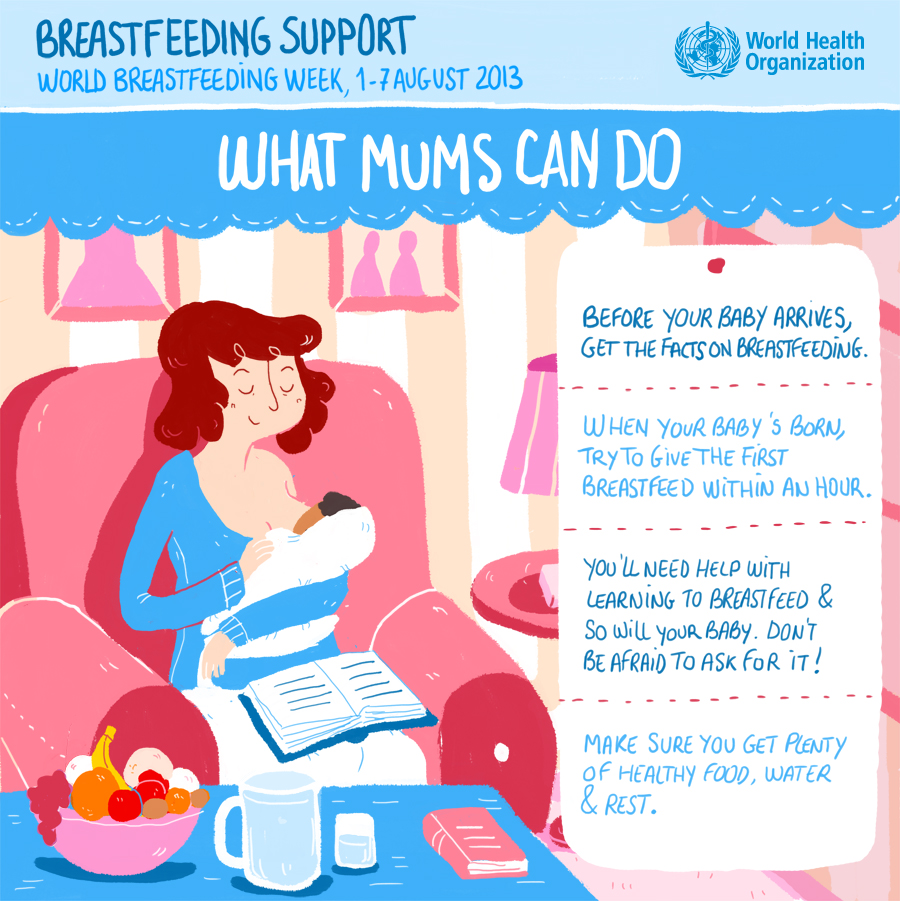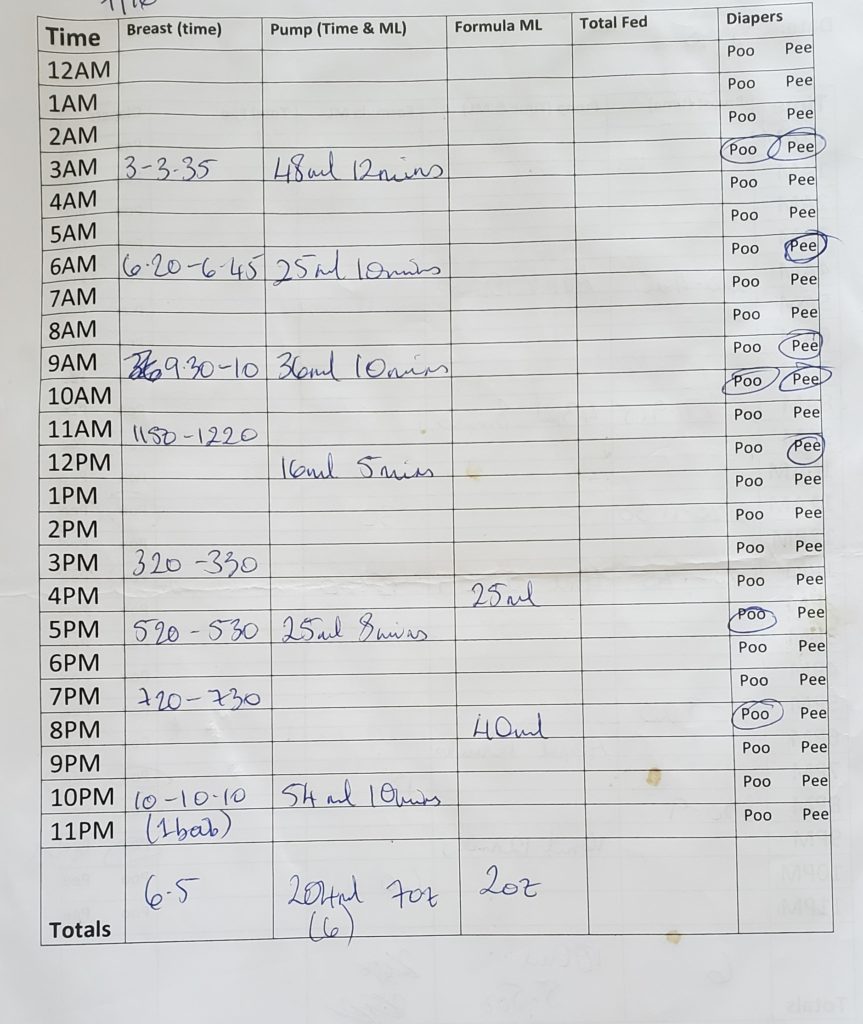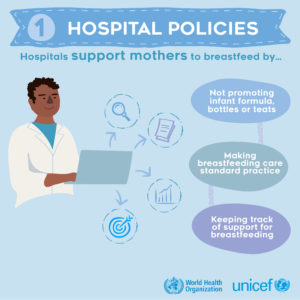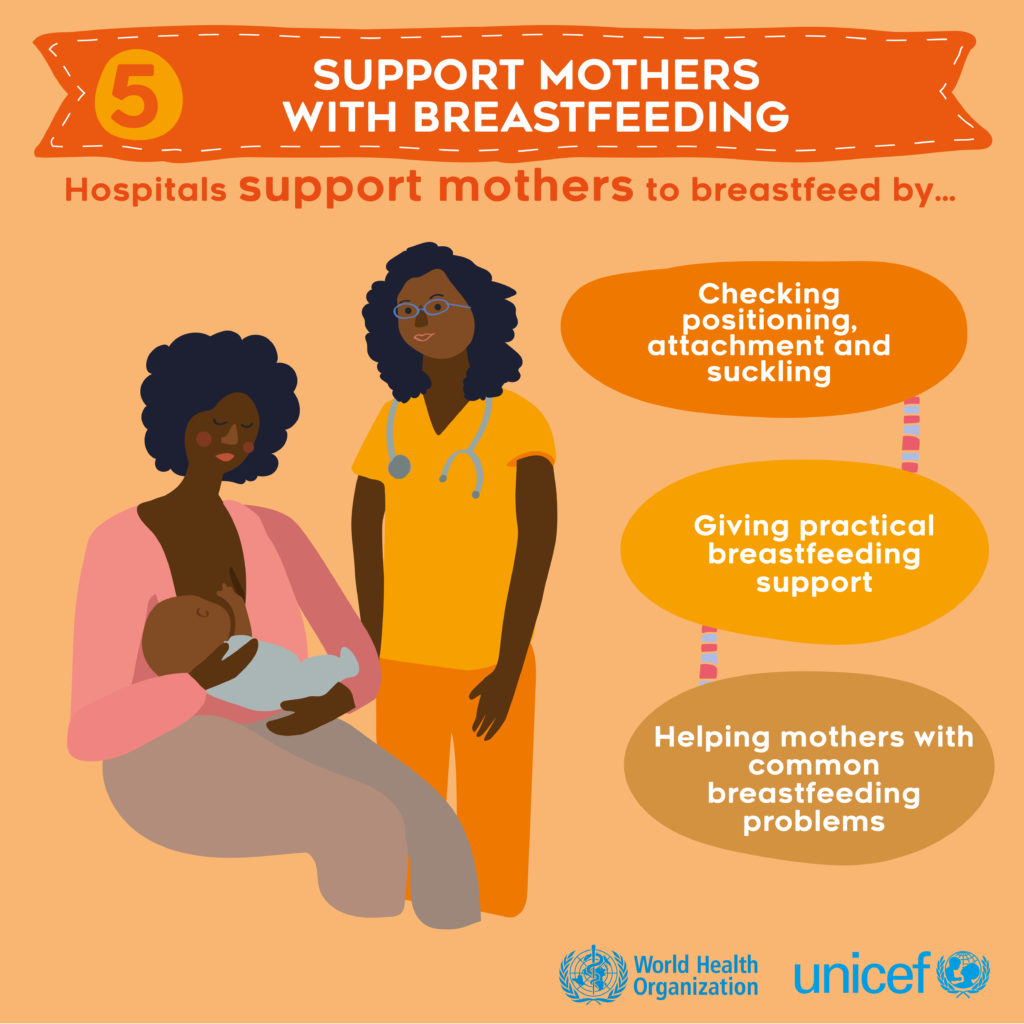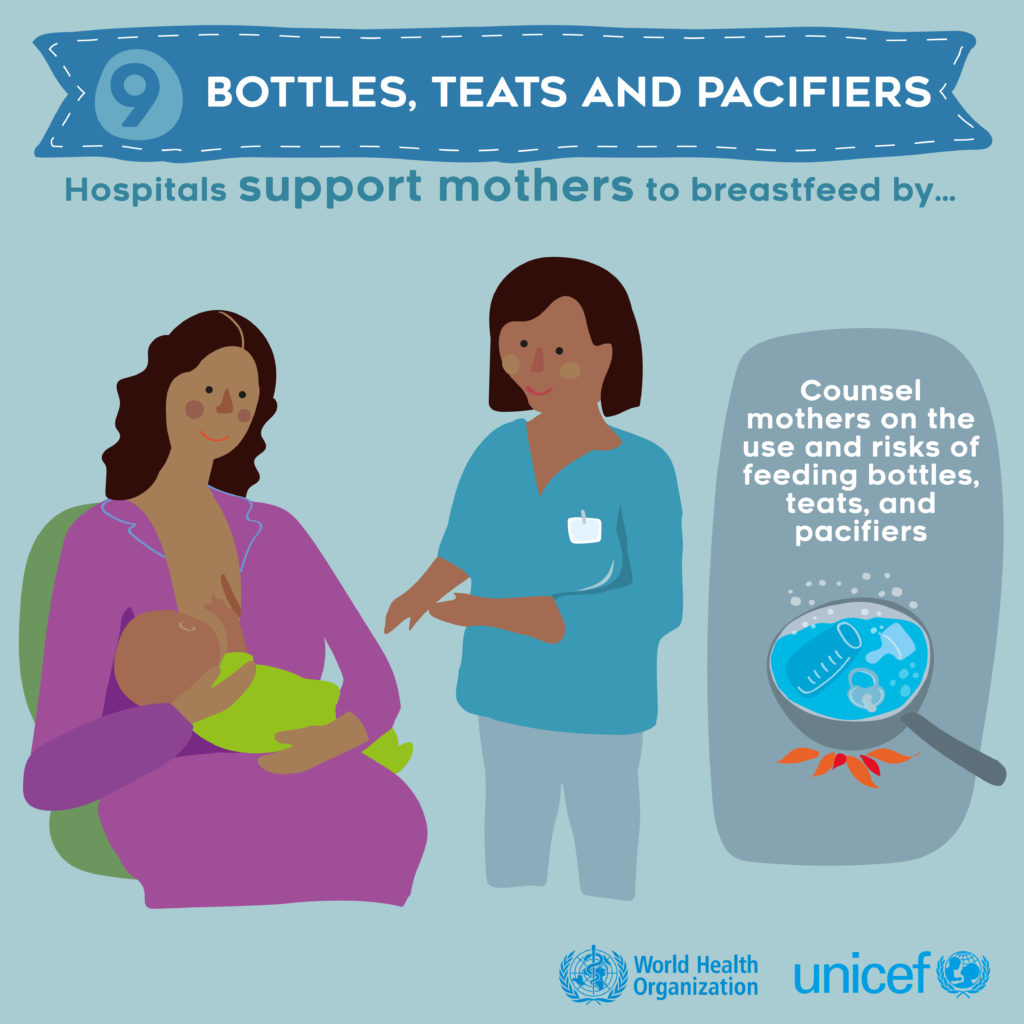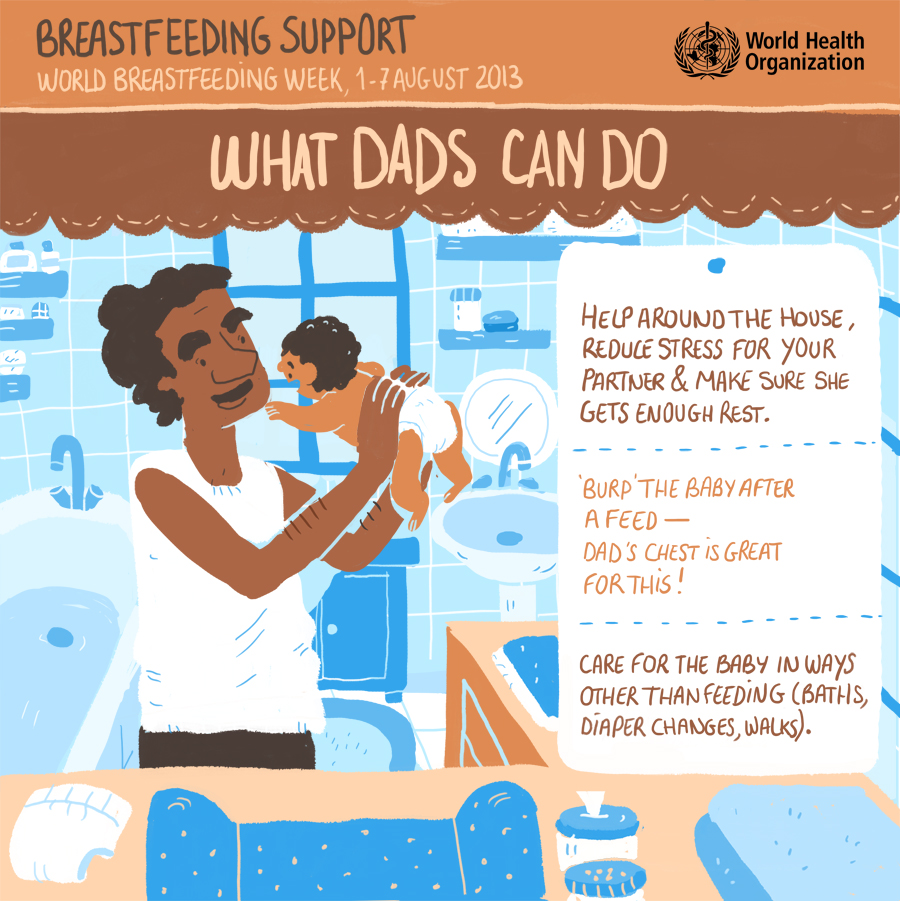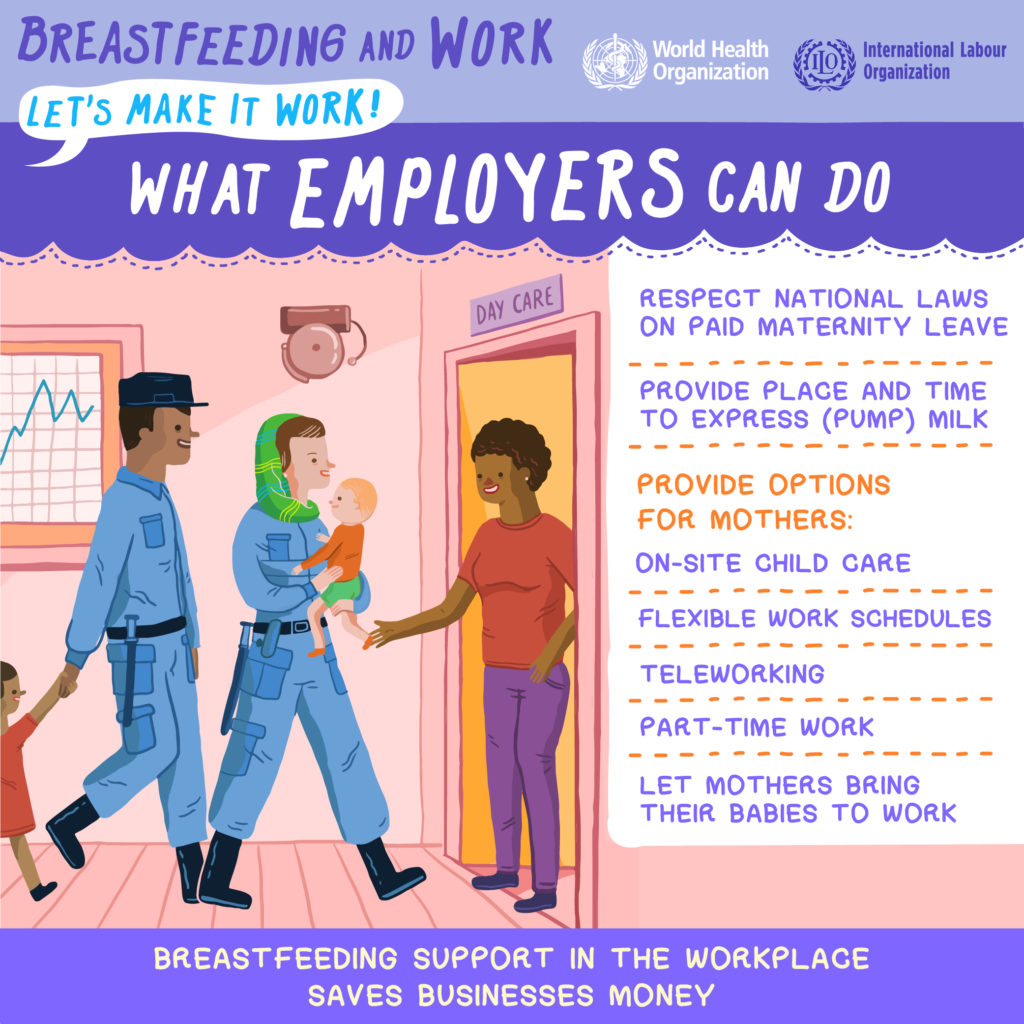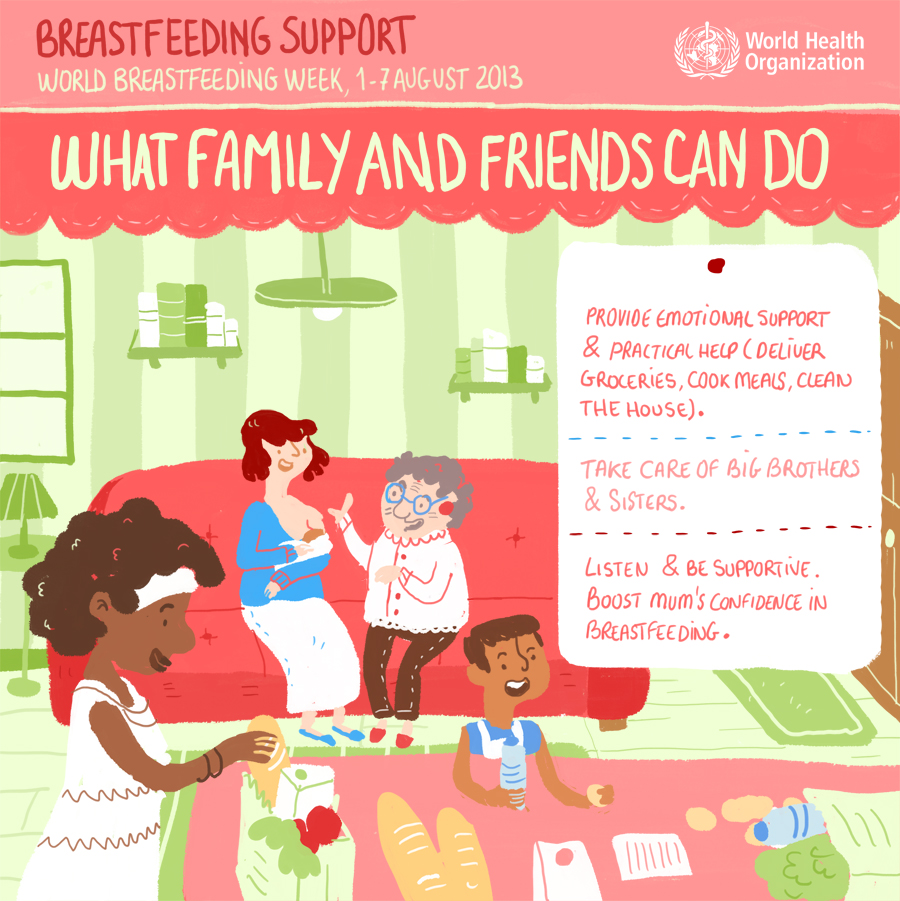It came up twice in discussion today and this compelled me to write about it since it seems an issue that many couples have to work through when they have a baby. Resentment in the new parents relationship. It manifests itself in many ways in a relationship between new parents but commonly the discussion (or argument if you’re less lucky) goes something like this: ‘who does more for the baby, who works harder, who contributes more to the family, household and relationship, who is more tired’… Sound familiar?

A friend raised the ‘r’ word, resentment, today while we were having a play date. One mum had mentioned she’d read in an online ‘mom’s group’ of a woman whose husband resented that she did not work and stayed at home with their 20-month old child.
We got deep into this discussion. As the parents who had given up their jobs to join their partner in their overseas employment assignments, the situation particularly resonated with us. Yet we know this is sadly not an uncommon phenomenon in most new parents relationship, regardless of being an expat family or not.
Single income families are more common among expat families
As international parents, it is especially challenging to remain a dual-career family. Typically, there are challenges around portability of the career, constraints on visas, and barriers to accessing professional bodies and certification processes that many careers need (e.g. doctors, lawyers). There are often various other challenges individual families face such as finding quality childcare.
A single-income family set-up is something that is more common in the expat community in places like Bangkok than in cities in the US or perhaps UK, for example. This is because of the lower cost of living here as well as the constraints I mentioned above. It is more affordable and manageable for a family to live on one income, rather than needing a dual income, as is often the case for many families in cities throughout the US and UK where cost of living is relatively high.
We know resentment is not productive or healthy…
This ‘resentment’ conversation resonated on some level with us as “the race to the bottom” conversation where parents compete with each other on how much they are doing and how tired they are. And this often ultimately leads to a worse situation for both parents. The parent who is in paid employment works hard at their job and returns home tired to an equally tired partner awaiting the arrival of some support with childcare. It’s a recipe for tension! Each person typically just wanting a break, and seeking appreciation for what they contribute to the family.
Between us friends we agree that in hindsight, most of us realize these conversations are not productive. We know they are actually damaging as they undermine the efforts and contributions of each partner. And we’re aware they’re actually not truly reflective of how each person really feels. Rather, they are more a product of severe tiredness and the ensuing irritability and frustrations that are heightened by tiredness. They can also be influenced by changing hormones in the new mother and father. And, yet, they are very much part of the broader changing dynamic in the relationship of making the shift from being a two-person, two-adult family to being a three-person family with an infant to care for.
It hits close to home
Later in the evening, hubby arrives home from work and, by some strange coincidence, also uses the word ‘resentment’. I’m surprised as this is not something that usually comes up in our relationship. He is resentful that when the baby is having a tough night that he has to still wake early for work the next day, whereas I can continue to sleep on in the morning (as long as the baby does). That is a fact, I agree. Although, I am also the one who wakes up, feeds and soothes the baby while I try to let hubby sleep.
I reflect on the conversation I’d had with friends earlier in the day about resentment in the new parents relationship. I’m glad to have had that discussion and know that this is a common phenomenon in our expat family single-income family set-up. We had all taken a step back from our careers to join our partners in their overseas assignments, and to spend more time with our children. Knowing I’m not alone in this situation was, in itself, helpful!
Changing relationship dynamics as new parents
Our dynamic has shifted since 10 weeks after the baby arrived (when he went back to work after the birth). I have been on maternity leave, and will be released from my employment shortly, whereas he continues to work full-time with his employer that posted us overseas.
It has been a period of transition for us both in many ways. We had both had careers where we worked intensively and traveled internationally frequently. We had earned roughly the same amount and considered ourselves as equals.
So what happens when you add in a baby, an overseas assignment, one redundancy and a stay-at-home parent into the mix? Calling it an identity crisis for the individual who now stays at home, and for the relationship that has a new, shifting dynamic is an overstatement. But not too much of one. It is a very big change.
One partner feels solely responsible to earn all the money the family needs and is resentful of the partner who gets to stay home all day with the kids. And the other feels solely responsible for being the perfect parent and managing everything at home while also mourning the loss of their former self and career that was a big part of their individual identity. They also have some jealousy of the partner in the office who gets to drink a coffee in peace – and gets to pee alone!
Trade-offs for each of us
Getting back to our conversation, I reason that there are trade-offs for each of us: advantages and disadvantages in the situations that we now find ourselves. He agrees.
There are nights that I lie awake with the stress of leaving my job that I have been in for 9 years, and in identifying what I would like to do next. I feel anxiety over how I will make that happen, over the gap in my employment and gap in my resume. I fear judgments by potential future employers about me having a young baby and their negative stereotypes of the commitment of young moms to their jobs…
The list goes on… How will I re-enter the workforce? What will I be doing? How will I make it happen? How to I overcome stereotypes? What should I be doing now – right now at 3am – and starting tomorrow, to make the transition easier for myself? These are some of the things I trade for the pleasure of being able to sleep longer in the morning.
In some senses, it is easier just getting up and going to your regular job each day, knowing you are good at it, people appreciate what you do and you are helping the people you aim to help.
Comfortable with uncertainty?
It can also depend on a persons level of comfort with uncertainty, and a persons threshold of risk how well they can take being in the situation of being at home and unsure of if, how and when they will re-enter the workforce.
My husband is much less gracious and tolerant with uncertainty than I, and he has a much higher threshold of risk and need for financial buffer than I do. If redundancy had to happen to either of us, it is better that it happened to me. In the end, it has landed the best way around. I take comfort and reassurance from thinking of it this way.
Acknowledging the reasons causing the resentment
Getting back to today’s discussion with hubby, I acknowledge that I did sleep on later today to compensate for the hours lost last night, and I do remember how hard it is dragging yourself through a work day in the office when you have had precious little sleep the night before. He acknowledges it is tough taking care of the baby day and night and adjusting to a new identity in a new environment without a community to connect to, like he has in his office. (To read more on this, see My adjustment to expat life with baby in Bangkok).
We agree that each of our situations have things to be jealous about, and reason to be angry and disappointed with the other person about, but that resentment will be unhealthy for both of us.
Thankfully we are both not so sleep deprived that we can maintain a productive perspective on this. At least for this time… As the months go by in which I may continue to be unemployed and stay-at-home mom this perspective may evolve over time…
The dynamic may shift yet again and I anticipate we will revisit this conversation again, as many couples do.
How to address resentment in the new parents relationship
First, I take comfort in the experience and perspective of parents with children older than my own baby that this does get easier with time. Life in general gets easier as the kids get gradually older, and some of the pressure, strain and resentment in the new parents relationship is alleviated.
Second, I ponder on the idea that if only there was a part-time employment and stay-at-home option for both of us, I feel we could reach an equilibrium in our lives, our selves and our relationship. If we each could work part-time and be child-carer part-time we could each feel fulfilled on both dimensions (family and career) and not feel resentful or jealous of the life that the other lives. However, I have not heard of any employer that pays to send an employee and family overseas for the employee to work only 20 hours a week! So this is not an option for us at the moment but since I’m certain we’ll revisit this ‘resentment’ argument, I’ll keep it in mind for future. What some of the pro’s recommend
Third, the Seleni Institute and Parents have interesting and helpful short reads on their site on how to stop resenting your spouse and regain your relationship after the birth of your child, and 8 Marriage Issues you’ll face after baby and how to solve them. They share the following advice and I’ve added a couple of my own thoughts from our experience, too:
- Clarify your roles: Prepare a list of chores that rotates each week so each person knows clearly their responsibilities to help avoid bickering and growing resentment about what’s not getting done.
- Plan a budget: Money is a big stressor for many new parents, particularly, as with us, when the income is provided only by one partner in the relationship. Planning and trial running a budget can help test the limits of what you can live within and how that feels. It can provide a feeling of security and release tension and resentment if this is agreed together and the budget plan looks like it’s going to work for both partners. Getting on the same page about your priorities for spending is also helpful to reduce arguing and resentment of spending.
- Check in with your own emotions: As I mentioned above, feelings of tiredness and frustration with a crying baby, as well as feelings of dissatisfaction and disappointment can be expressed as resentment towards a partner. It’s helpful to take a step back from the heat of the moment and try to identify what you are feeling and what your partner’s feeling, what’s behind it, and acknowledge each others perspective and emotions.
- “We’re a team” mindset: Agreeing shared goals for your family and deciding what needs to be done by each partner to make that happen will help you feel like you are pulling together and each contributing to what you both want for your life. This will help reduce the feelings of resentment that someone is not pulling their weight, and help you feel closer.
- Take control of what you can and build in some time for yourself: Try to “find ways to decompress”. What this looks like will be different for each person but could include exercise, meditation, socializing etc. The goal is to try and “increase your happiness in whatever small ways you can” – even if that’s something as simple as going for a walk. If you feel happier, you’re less likely to feel resentful of what your partner does or has, or to take out your unhappiness on them.
- Focus on your friendship: “Spend some time remembering what you and your partner liked about each other in the first place” and it will help to keep your relationship more resilient in the longer-term, or at least put the resentment into “remission” for now!









